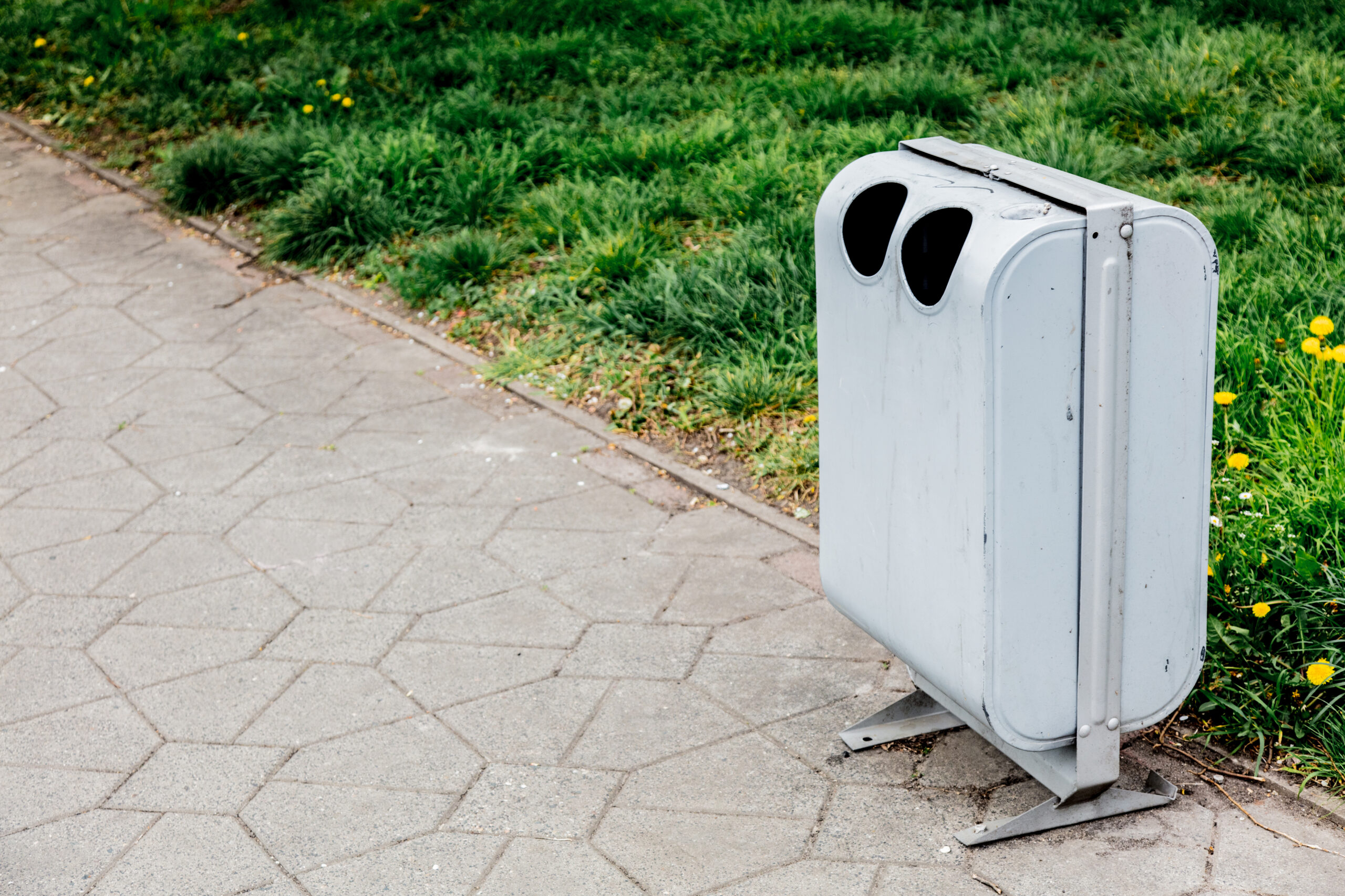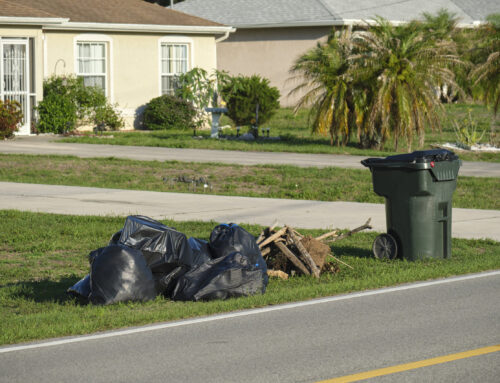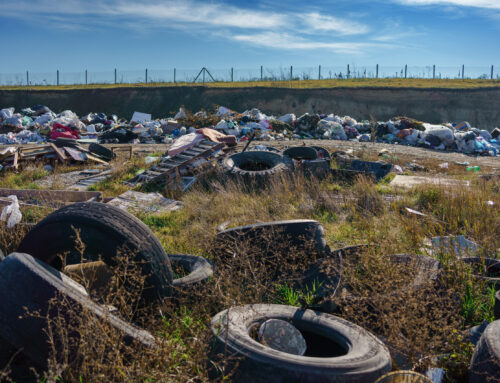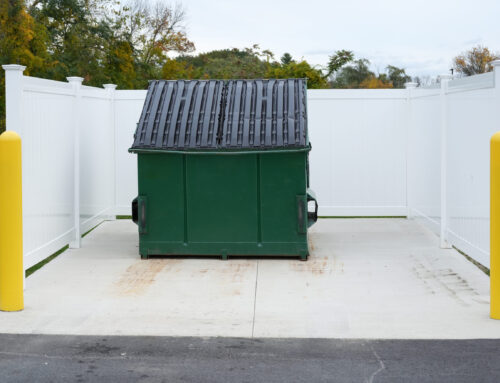
Sanitation services are an essential part of modern society, playing a vital role in maintaining public health and safety. These services encompass waste collection, sewage treatment, recycling, and other waste management functions that ensure communities are clean, safe, and healthy. Proper sanitation not only improves quality of life but also prevents the spread of diseases, protects the environment, and contributes to the overall well-being of individuals. This article explores the critical role sanitation services play in supporting public health and safety and highlights the far-reaching benefits of maintaining efficient sanitation systems.
Preventing the Spread of Disease
One of the most important functions of sanitation services is their role in preventing the spread of infectious diseases. Poor sanitation, including the improper disposal of waste and lack of clean drinking water, has been directly linked to the transmission of many communicable diseases such as cholera, typhoid, dysentery, and hepatitis. These diseases spread when contaminated water or waste enters public spaces, food, or water sources, putting entire communities at risk.
Sanitation services help to minimize these risks by ensuring that waste is collected and disposed of properly. For example, regular garbage pickup and sewage treatment prevent waste from accumulating in streets or water bodies, reducing the likelihood of contamination. Moreover, sanitation systems are designed to filter and treat wastewater, removing harmful pathogens and toxins before the water is released back into the environment. This ensures that individuals have access to safe drinking water, a crucial aspect of maintaining public health.
The introduction of sanitation services, such as wastewater treatment plants and modern waste collection systems, has significantly reduced the burden of waterborne diseases in urban areas and around the world. In fact, improvements in sanitation have been credited with reducing global mortality rates and improving life expectancy.
Protecting the Environment
Sanitation services are also essential for protecting the environment. Improper waste disposal, including illegal dumping, can lead to environmental pollution, including soil degradation, water contamination, and air pollution. These environmental issues, in turn, can have long-lasting impacts on both public health and safety.
Waste management systems, including trash collection and recycling services, are designed to minimize waste that would otherwise end up in landfills or become environmental hazards. Proper waste disposal helps prevent pollution by ensuring that hazardous materials, such as chemicals, plastics, and metals, are handled correctly and disposed of safely. Moreover, by diverting recyclable materials away from landfills, sanitation services contribute to reducing the environmental footprint of waste disposal.
When waste is handled properly, it helps preserve ecosystems and natural resources. For example, waste management systems that treat sewage before releasing it back into the environment prevent contamination of rivers, lakes, and oceans, which could otherwise harm aquatic life. Proper sanitation services also help reduce the risk of flooding by ensuring that sewage and stormwater systems are functioning effectively, preventing backups and overflow during heavy rains.
Improving Mental and Physical Well-Being
The importance of clean surroundings cannot be overstated when it comes to mental and physical well-being. A clean environment contributes to feelings of safety, comfort, and peace of mind, which can positively affect mental health. On the other hand, living in an area with poor sanitation or unmanaged waste can create stress and anxiety for individuals and communities.
Sanitation services play a direct role in creating healthier living spaces. Clean streets and homes free from accumulated garbage reduce the risk of infections, rodent infestations, and pests that can carry diseases. For example, flies, rats, and mosquitoes are all vectors for disease, and a lack of sanitation can provide ideal breeding grounds for these pests. Regular waste collection and treatment services help control these populations by ensuring that waste is disposed of correctly and doesn’t attract pests.
Furthermore, providing access to clean, functioning public restrooms and waste disposal systems enhances community well-being. It ensures that people are not exposed to waste or contaminated water sources, which can improve overall health. By providing a clean and safe environment, sanitation services also promote positive social interactions and a sense of community pride.
Enhancing Emergency Preparedness
In times of emergencies such as natural disasters, pandemics, or public health crises, sanitation services are crucial for maintaining public health and safety. Emergency situations often put strain on public health systems, and poor sanitation can exacerbate the crisis by increasing the risk of disease transmission.
For instance, after a flood, the immediate restoration of sanitation services—such as cleaning up waste, restoring sewage treatment, and managing stormwater runoff—is essential to prevent the outbreak of waterborne diseases like cholera and dysentery. In these cases, sanitation services provide a lifeline to communities by maintaining hygiene standards and preventing further contamination.
Moreover, during a public health emergency, such as the COVID-19 pandemic, sanitation services also help maintain public safety through thorough cleaning and disinfecting of public spaces, such as streets, public transport, and healthcare facilities. Regular sanitation and waste collection ensure that contaminated materials, such as used medical equipment and protective gear, are disposed of safely and do not contribute to the spread of infection.
Promoting Community Health and Well-Being
Sanitation services are essential for promoting the long-term health and well-being of communities. Regular trash pickup, recycling programs, and sewage treatment ensure that the community remains free from harmful waste. In addition, these services contribute to the overall cleanliness of urban spaces, parks, schools, and healthcare facilities.
By providing communities with a clean environment, sanitation services also encourage healthier lifestyles. When individuals live in an area with reliable sanitation systems, they are less likely to suffer from preventable illnesses or injuries related to waste management. Moreover, communities that prioritize sanitation often see improvements in quality of life, with better air and water quality, fewer pest-related problems, and improved infrastructure.
Effective sanitation services also promote equality by ensuring that all residents, regardless of socioeconomic status, have access to safe waste management systems. This is especially important for vulnerable populations, such as the elderly, low-income families, and those living in densely populated urban areas where waste management challenges are most prevalent.
Supporting Economic Development
Sanitation services not only protect public health but also support economic development. A clean and healthy environment is essential for businesses, schools, and industries to thrive. Proper sanitation reduces the number of sick days taken by workers, improves productivity, and prevents the closure of businesses due to health code violations or pest infestations.
In addition, efficient waste management and recycling programs contribute to the creation of green jobs and industries. The waste management sector is a significant employer, with opportunities in waste collection, recycling, composting, and environmental consulting. By investing in sanitation infrastructure, communities can foster sustainable economic growth while safeguarding public health.
Keep Our Community Clean!
Sanitation services play a critical role in protecting public health, safety, and the environment. From preventing the spread of disease to promoting a cleaner, more sustainable world, these services are essential for the well-being of individuals and communities. By ensuring that waste is collected, treated, and disposed of properly, sanitation services prevent contamination, reduce the risk of illness, and create healthier living conditions for everyone.
In addition to their immediate health and environmental benefits, sanitation services also contribute to long-term public safety by maintaining the infrastructure that supports clean, functioning communities. As urban populations grow and environmental challenges intensify, investing in sanitation services will continue to be crucial for supporting public health and ensuring a safe, healthy future for all. Start today by contacting AAA Sanitation & Garbage Removal.
AAA Sanitation & Garbage Removal
79 Business Dr Ste A
Hull, GA 30646
(706) 543-7788
https://aaasanitationco.com/






Leave A Comment